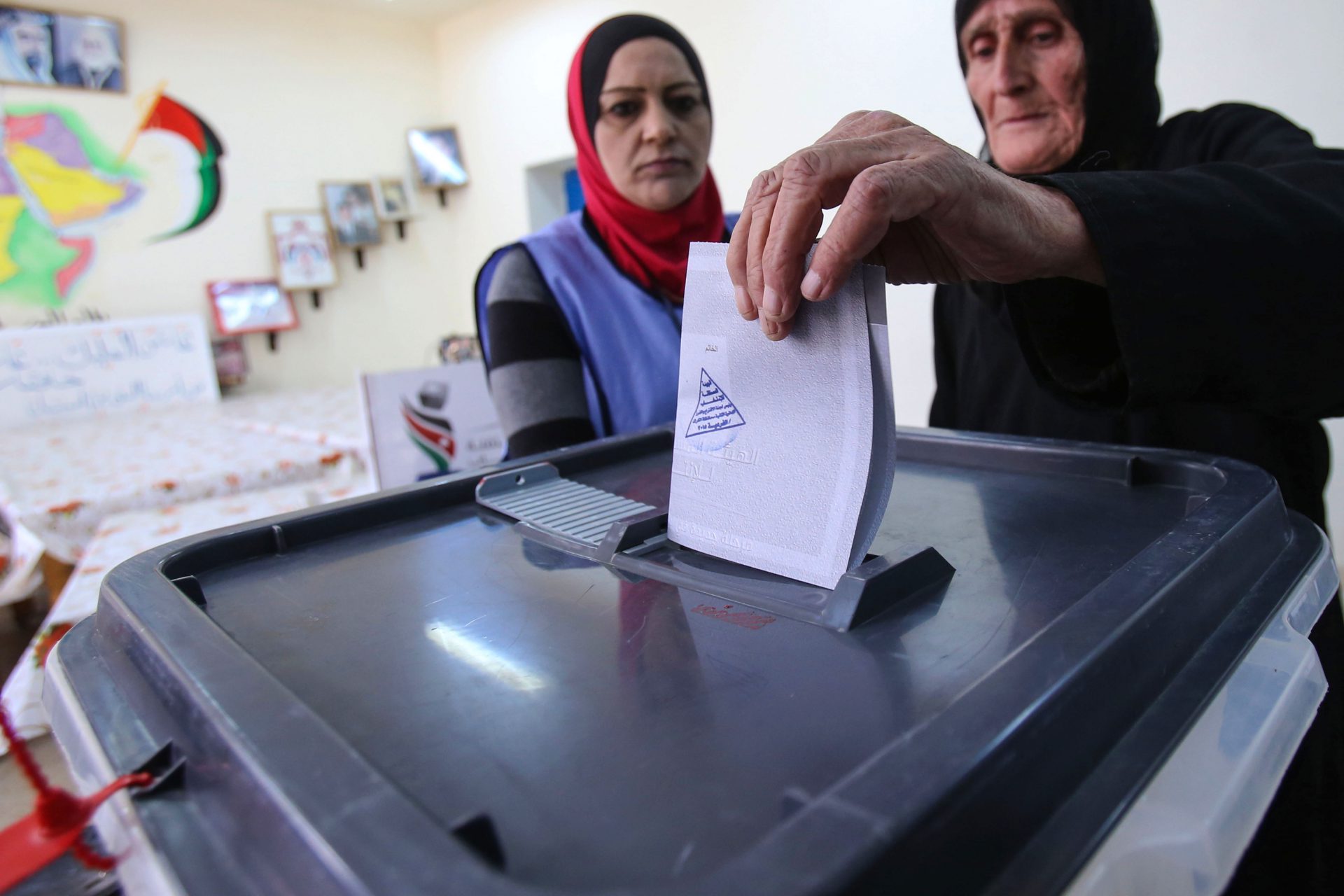
A HOUSE DIVIDED
Turkish Cypriots to vote for new parliament

Ethnically Turkish Northern Cyprus, only recognised internationally by Turkey, will hold parliamentary elections today. The results could impact prospects for reunification with the Greek south.
Prime Minister Huseiyn Ozgurgun’s centre-right National Unity Party is expected to secure the most votes, though the make-up of a potential governing coalition is unclear—up to six parties could win seats. The Peoples’ Party, a new centrist outfit campaigning on change and transparency, is gaining ground as suspicions cloud the origins of Ozgurgun’s personal wealth; they could prove the kingmakers.
International observers will be looking for whether the new parliament will be supportive of centre-left President Mustafa Akinci’s efforts to negotiate a peaceful reunification of Cyprus after talks collapsed in July. A strong showing for PM Ozgurgun, already resistant to Akinci’s unity push, could snuff out prospects for further negotiations.
Regardless of the result, don’t expect reunification in the near future. Mr Akinci and his Greek Cypriot counterpart, Nicos Anastasiades, have lost will and popular credibility following last year’s failed talks. While there will be another chance for game-changing developments when Mr Anastasiades faces re-election on January 28, Cyprus will remain stable, but divided, for now.
DIE HARD TALKS
Merkel begins grand coalition talks with SPD to stave off new election

Today, embattled Chancellor Angela Merkel and her Christian Democrats (CDU) begin a new round of coalition talks with their former grand coalition partners, the Social Democrats (SPD), in an ongoing bid to form a government.
SPD leader Martin Schultz reluctantly agreed to talks in early December, but the party’s rank and file are far from convinced. Mr Schultz is wary of aligning too closely with Mrs Merkel’s party, as the SPD shed electoral support because of its tight relationship with the CDU.
Mrs Merkel seeks a coalition government to prevent new elections, which would only strengthen the far-right Alternative for Germany (AfD).
The CDU will need to give the pro-immigration SPD a big policy win, so Mr Schultz can sell the deal to his voters. Though this will likely not come in the form of laxer immigration laws, Chancellor Merkel might be willing to adopt the abolition of private health insurance and stricter climate protection laws, both major policy objectives of the SPD.
ONE HORSE RACE
Main opposition candidate disqualified from Russian elections

Candidates for the March 18th presidential election are required to announce their nominations to compete by today. Vladimir Putin’s biggest electoral challenger, Alexei Navalny, remains banned from running.
Due to his convictions of embezzlement in 2012 and 2013, the Russian election commission ruled Navalny ineligible to run; Mr Navalny denies the convictions and claims they are politically motivated.
Of the 64 approved nominees, the most notable is TV host Ksenia Sobchak—daughter of Mr Putin’s political mentor, Anatoly Sobchak. Although she supports Navalny, many see her as a Putin operative designed to split the opposition vote and legitimise the incumbent’s inevitable win.
Mr Navalny’s appeal of his ban to the Supreme Court is unlikely to succeed, in which case he will call for a boycott of the election. Though certain to win, Mr Putin is striving for a high voter turnout to cement the democratic legitimacy of his regime. A low turnout, which has plagued recent municipal elections, could spark the mobilisation of the opposition during Mr Putin’s next and final term—setting the scene for a real contest in the 2024 Putin-less presidential election.

